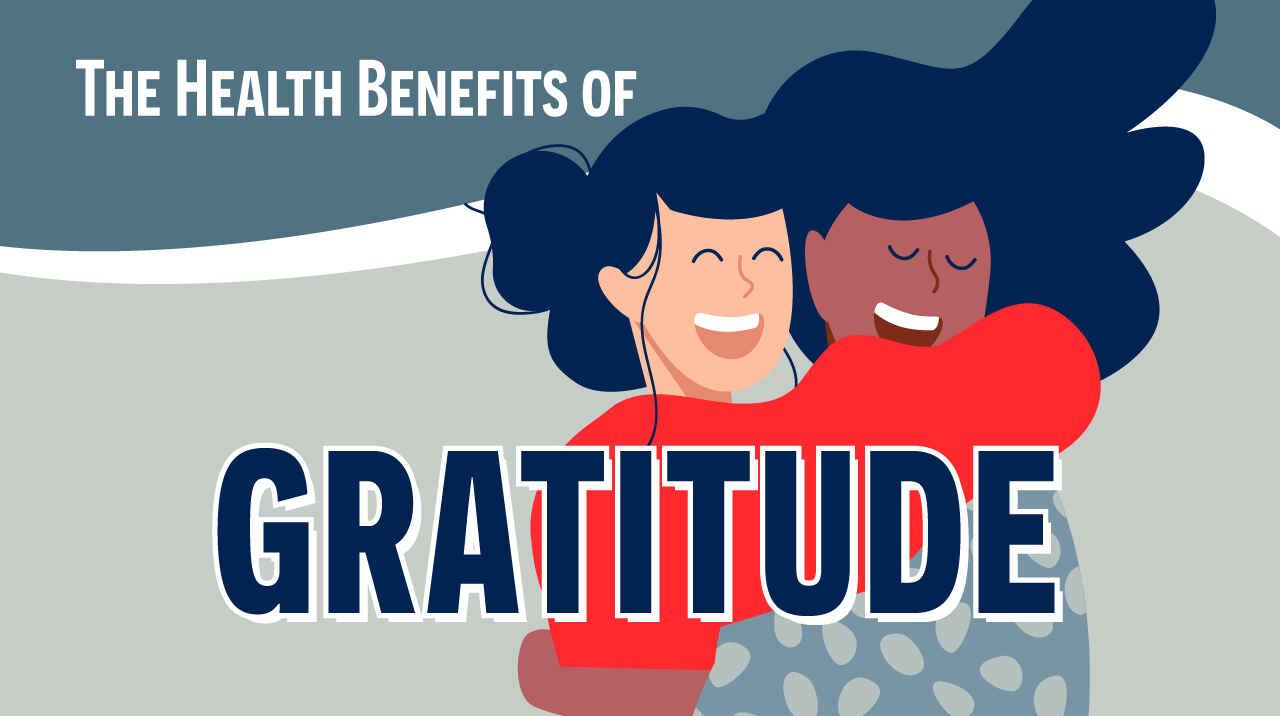The Benefits of Gratitude – Unlocking the Power of Appreciation
Welcome to our comprehensive guide on the benefits of gratitude. In this article, we will delve into the transformative power of appreciation and how it can positively impact various aspects of our lives. Gratitude is a universal concept that has been recognized and valued by cultures throughout history. By understanding and practicing gratitude, we can unlock its immense potential to enhance our well-being, relationships, and overall happiness.
The Power of Gratitude
Gratitude is more than a polite gesture or a simple “thank you.” It is a mindset and an attitude that can bring about profound changes in our lives. Research has shown that practicing gratitude regularly can have numerous benefits for our mental, emotional, and physical well-being.
Improved Mental Health
Expressing gratitude has been linked to reduced symptoms of depression and anxiety. When we focus on the positive aspects of our lives and acknowledge the things we are grateful for, it can shift our perspective and improve our mental health. Gratitude helps us cultivate a more optimistic outlook and enhances our overall sense of well-being.
Enhanced Relationships
Gratitude plays a vital role in fostering and strengthening relationships. When we express gratitude towards others, it not only makes them feel appreciated but also deepens the bond between us. Showing gratitude can improve communication, empathy, and overall relationship satisfaction. It creates a positive cycle of appreciation and kindness.
Increased Resilience
Practicing gratitude can help us develop resilience in the face of adversity. By focusing on the good in our lives, even during challenging times, we can build emotional strength and find the motivation to overcome obstacles. Gratitude enables us to reframe negative experiences and find valuable lessons within them.
Physical Well-being
Gratitude has also been linked to improved physical health. Studies have shown that individuals who regularly practice gratitude experience lower levels of stress, improved sleep quality, and a stronger immune system. The positive emotions associated with gratitude can have a direct impact on our overall well-being.
Practical Ways to Cultivate Gratitude
Now that we understand the benefits of gratitude, let’s explore some practical ways to incorporate it into our daily lives:
Gratitude Journal
Start a gratitude journal and write down three things you are grateful for each day. This practice helps shift your focus towards the positive aspects of your life and encourages a grateful mindset.
Express Appreciation
Take the time to express gratitude to the people around you. Whether it’s a heartfelt thank you, a handwritten note, or a small act of kindness, expressing appreciation can have a profound impact on both you and the recipient.
Mindful Reflection
Set aside a few moments each day to reflect on the things you are grateful for. This could be during meditation, prayer, or simply taking a walk in nature. Cultivating mindfulness helps us appreciate the present moment and the abundance in our lives.
Gratitude in Challenges
When facing difficult situations, look for silver linings and lessons to be learned. Shifting your perspective towards gratitude can help you navigate challenges with resilience and grace.

Gratitude is a powerful tool that can transform our lives and the lives of those around us. By cultivating gratitude, we can experience improved mental health, enhanced relationships, increased resilience, and better physical well-being. Incorporating gratitude into our daily lives through practices such as journaling, expressing appreciation, mindful reflection, and finding gratitude in challenges can unlock its full potential. Embrace the power of gratitude and unlock the doors to a more fulfilling and joyful life.
Frequently Asked Questions about the Benefits of Gratitude
1. What is gratitude?
Gratitude is the quality of being thankful, showing appreciation, and recognizing the goodness in one’s life.
2. How does practicing gratitude improve well-being?
Practicing gratitude has been shown to improve overall well-being by reducing stress, increasing happiness, and enhancing positive emotions.
3. Can gratitude help in reducing anxiety and depression?
Yes, expressing gratitude regularly has been linked to reducing symptoms of anxiety and depression, as it promotes a more positive mindset and helps individuals focus on the good in their lives.
4. Does gratitude have any physical health benefits?
Absolutely! Gratitude has been associated with improved physical health, including better sleep, lower blood pressure, and a stronger immune system.
5. How can gratitude enhance relationships?
Expressing gratitude towards others can strengthen relationships and foster a sense of connection and empathy. It helps build trust and promotes a positive atmosphere.
6. Can gratitude improve self-esteem?
Yes, practicing gratitude can boost self-esteem by shifting focus from negative self-perceptions to recognizing personal strengths and achievements.
7. Is there any scientific evidence supporting the benefits of gratitude?
Yes, numerous scientific studies have shown the positive effects of gratitude on mental, emotional, and physical well-being.
8. How can I incorporate gratitude into my daily life?
You can incorporate gratitude into your daily life by keeping a gratitude journal, expressing appreciation to others, practicing mindfulness, or simply reflecting on the things you are grateful for.
9. Can gratitude help in coping with adversity?
Absolutely! Gratitude can provide a fresh perspective during challenging times, helping individuals find silver linings and fostering resilience.
10. Are there any long-term benefits of practicing gratitude?
Yes, long-term gratitude practice has been associated with increased happiness, improved relationships, better mental health, and overall life satisfaction.




